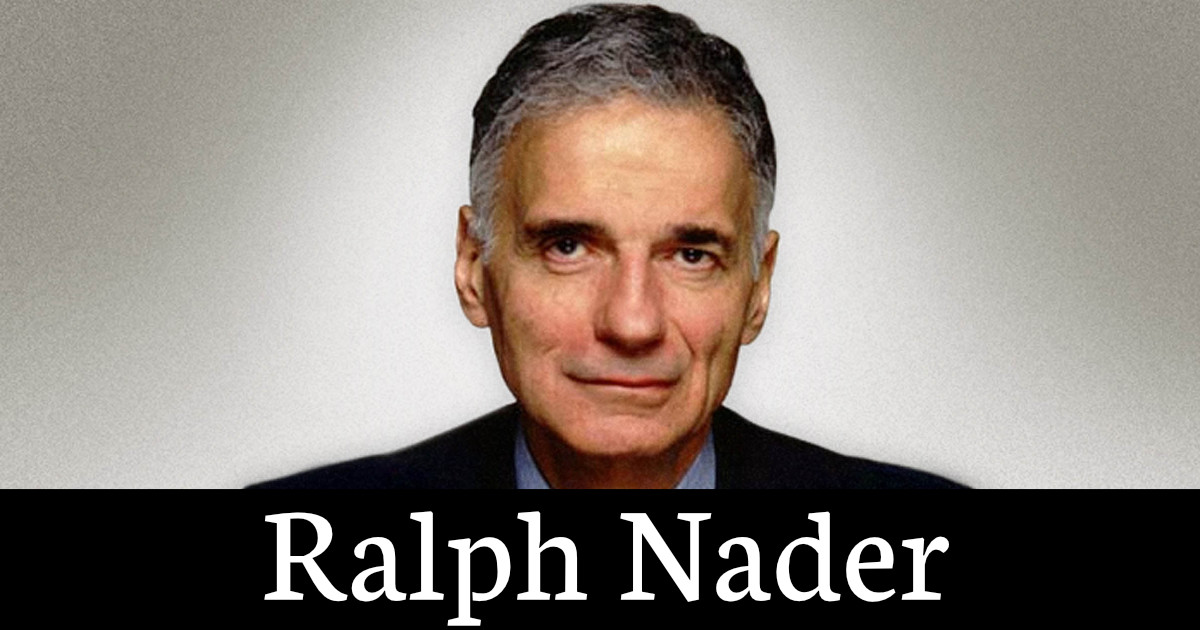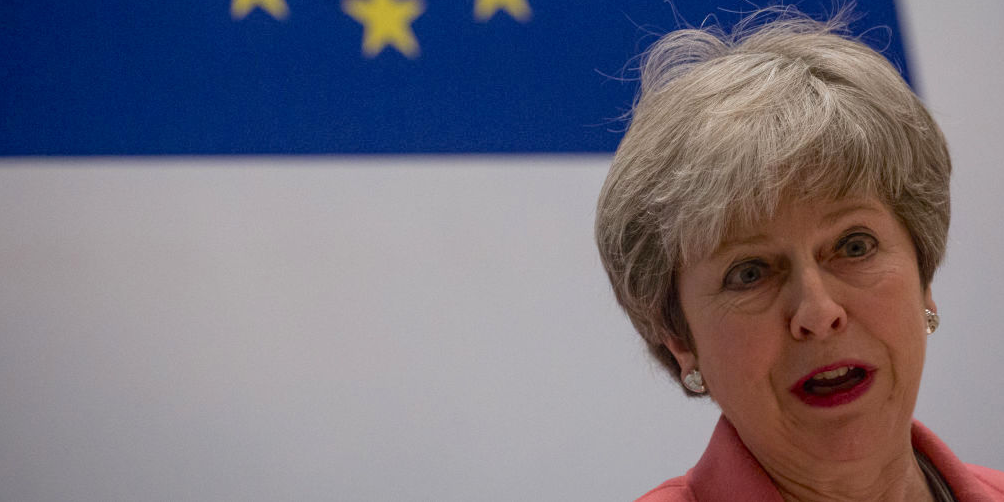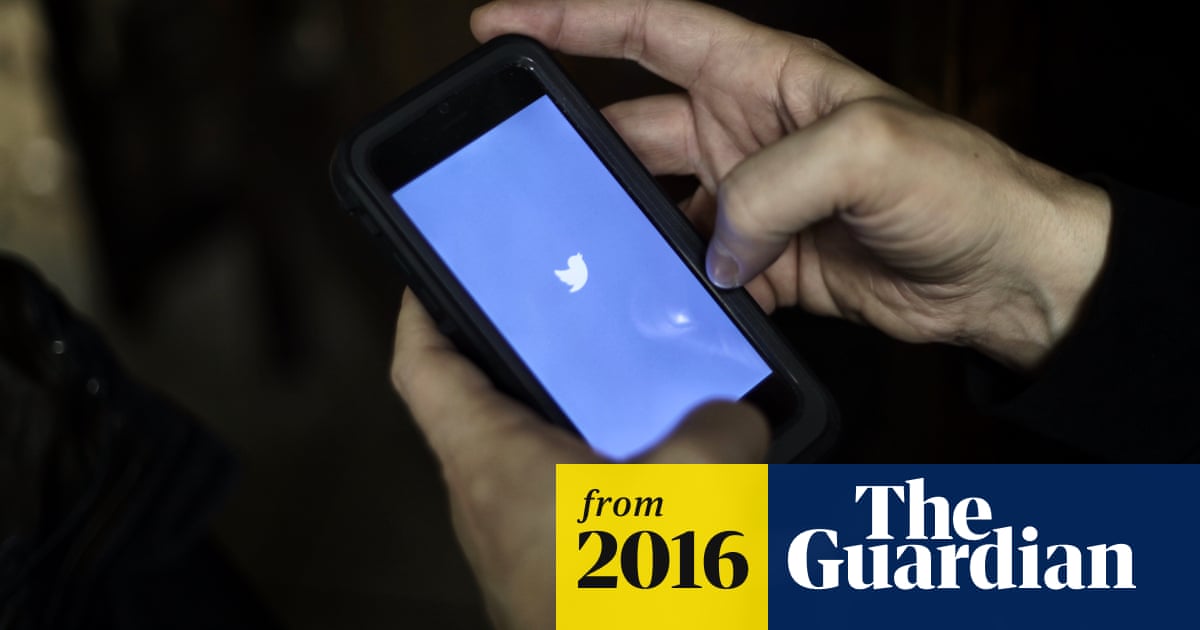Intellau_Celistic
5'3 KHHV Mentalcel
★★★★★
- Joined
- Aug 26, 2021
- Posts
- 164,062


LONDON — Prime Minister Theresa May has offered MPs a binding vote to delay Brexit and avoid leaving the European Union without a deal, a dramatic change of policy designed to prevent a new wave of Cabinet resignations.
May told MPs she would allow them the opportunity to back a "short, limited delay" to Brexit should they again reject her deal.
The House of Commons on March 12 is due to vote again on May's Brexit deal, which MPs heavily defeated earlier this year.
May told the Commons on Tuesday that should MPs reject her deal for a second time, they would be given a series of binding votes on whether to leave the EU without a deal or to delay Brexit.
"The UK will only leave without a deal on March 29 if there is explicit assent in the House for that outcome," May told MPs.
She said that if her deal were rejected for a second time, then MPs would be offered a vote on March 13 on leaving without a deal and then a vote on March 14 on whether to delay Brexit.
"The government will on 14 March bring forward a motion on whether Parliament wants to seek a short, limited extension to Article 50," she told the House of Commons.
May said she would not seek a delay beyond June, as doing so would mean Britain taking part in the coming European Parliament elections.
A Downing Street spokesman, however, confirmed that MPs would be able amend the prime minister's motion to force a longer delay.
The prime minister had previously insisted that Britain would leave the EU on March 29 even if Parliament failed to ratify the deal she negotiated with the EU.
May gave in to demands for a vote, however, to head off potential mass resignations from her Cabinet, with up to 15 ministers threatening to stand down this week.
She insisted that she would do everything she could to prevent a delay.
"Let me be clear: I do not want to see Article 50 extended," she said.
"Our absolute focus should be on working to get a deal and leaving on 29 March."
She added that "an extension cannot take 'no deal' off the table."
"The only way to do that is to revoke Article 50, which I shall not do, or agree a deal," she said.
A Canadian man has been found not guilty of criminally harassing two women through Twitter.
The case is believed to be the first example of Canadian courts weighing in on issues of harassment on the social media platform, according to the National Post.
Gregory Alan Elliott was arrested by Toronto police in November 2012 on allegations that he harassed two feminist activists, Stephanie Guthrie and Heather Reilly, over the course of several months through Twitter.
Though the two women had blocked Elliott’s account – preventing him from viewing their tweets or directing tweets at their accounts – the prosecution charged that Elliott sent an “incessant and obsessive amount of tweets” referring to the women obliquely and on hashtags where he believed they might come across his messages.
In his ruling, Judge Brent Knazan discussed the nature of communication on Twitter, the right to freedom of expression in Canada’s Charter of Rights, and what kind of expectations of private communication Twitter users might have. Knazan also drilled into the nature of hashtags, ruling that the use of a particular hashtag in a tweet should not be considered communications covered by laws against harassment.
“Once someone creates a hashtag, anyone can use it. Everyone has to be able to use it freely; anything less will limit the operation of Twitter in a way that is not consistent with freedom of expression,” Knazan wrote.
The power of Twitter hashtags has been debated for years. In 2014, Wall Street Journal columnist Jeff Yang coined the term “weaponized hashtag” to refer to the phenomenon when “loosely organized and barely controlled social mobs swarm institutions and individuals at a scale large enough so that the trending of the hashtag itself becomes news”.
At the time, “weaponized hashtags” largely referred to social media campaigns by liberal activists intent on exposing racism, sexism and homophobia, but the August 2014 #GamerGate controversy unleashed a torrent of rightwing misogyny and abuse.
Ultimately, the judge ruled that though Elliott’s tweets were “obscene and homophobic in at least two instances”, they were not threatening, and he dismissed the charges.
The challenge of combatting harassment while respecting freedom of speech has plagued Twitter and other social media platforms. Former Twitter CEO Dick Costolo took responsibility for the company’s failure to address harassment in an internal memo last year, writing, “We suck at dealing with abuse and trolls on the platform and we’ve sucked at it for years.”
Twitter users, many of them supporters of #GamerGate, celebrated Elliott’s acquittal using the hashtag #FreedomOfTweets, in many cases directing sexist and abusive language toward the complainants.
Following the verdict, Elliott posted his first tweet since his arrest.

As much as Minnesotans love to think they’re special – and there’s something to be said when Fast Company recognizes the residents as being the third “happiest” in all of the United States – there’s one way they’re positively common: racism. In October, Huffington Post reported that Minneapolis-St. Paul is the third worst city for Black people, and publications like The Atlantic and Washington Post have been asking why such a progressive state is so regressive when it comes to racial disparity.
“Minnesota Nice” exacerbates the state’s racism.
Minnesota Nice is the transplants’ nice way of calling born-and-reared-here Minnesotans passive-aggressive. For those of us who’ve lived in other places, such indirectness is baffling at best, and emotionally abusive at worst. Unlike what the Star Tribune and City Pages offer in their analyses about “overcoming Minnesota Nice,” the problem is deeper than a state full of polite, but shallow, conversationalists. This isn’t about Indigenous people and people of color (POCs) simply needing to be more assertive in shaking hands with and smiling more often at white people – in other words, being nice to them. The interpersonal “remedies” offered by the mainstream press and its “alternative” subsidiary flippantly dismiss the realities of how racial inequity operates here and squarely puts the burden on Indigenous people and POCs to correct it in order to make white people more comfortable and not challenge – if not outright dismantle – the particular “friendly” construction of Minnesota’s racism. In other words, this state’s niceness isn’t nice at all.
The most common way this plays out in race relations is in what social justice thinkers and psychologists call microaggressions. As psychologist Derald Wing Sue notes particularly with racial microaggressions, they’re the “everyday insults, indignities and demeaning messages sent to people of color by well-intentioned white people who are unaware of the hidden messages being sent to them.”
These are some of the microaggressions I’ve experienced since arriving in the Twin Cities in late June:
- That question – said through a wan smile – from a white progressive dude who was not quite my supervisor asking how did I “know so much” on my first day on the job as a manager.
- That white mother of a mixed-race child who, during a post-church service friendly conversation, says to me that her child has “rhythm” because the child’s father is Black.
- That caregiver who, through implying that she has some mixed-race folks in her family, thought she could say some anti-Indigenous crap regarding the recent wild rice controversy, namely that the Indigenous people had no more rights to the water to farm wild rice than “anybody else,” even as my housemate and I argued that Indigenous people were here in the first place and what the state government worked out is some sort of recognition of that fact.
- The same caregiver came back several months later, tried to low-key call me an “uppity feminist.” When I shut her down, she nervously asked me if she “offended” me – and has been skittish around me since that confrontation.
- That bizarre announcement in my neighborhood listserv warning about Black Lives Matter protesting at the State Fair, and one of the neighbors commenting that it’s “time of bring out the fire hoses.” When confronted, he flipped out.

I am a dumb-ass.- .... . / ... .. -. -. . .-. ... / -.. --- / -. --- - / -.- -. --- .-- / .-- .... .- - / .- .-- .- .. - ... / - .... . --





